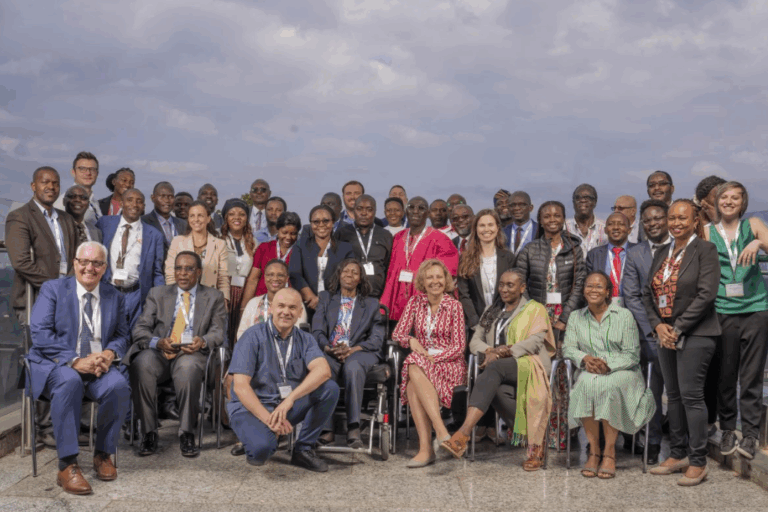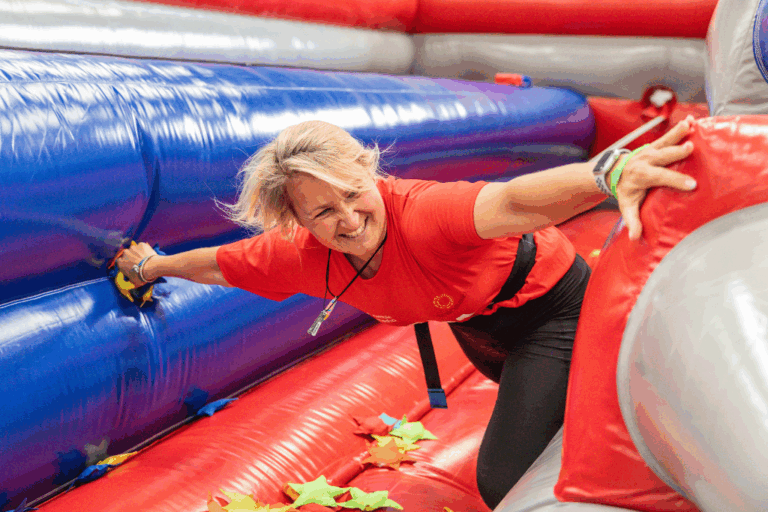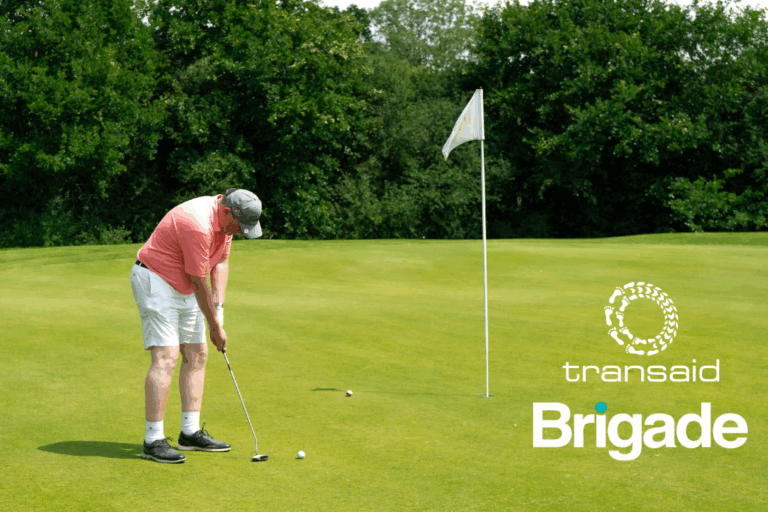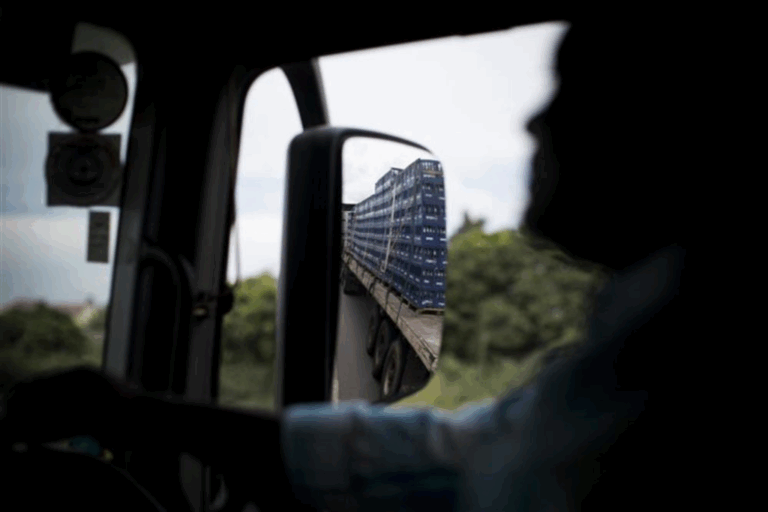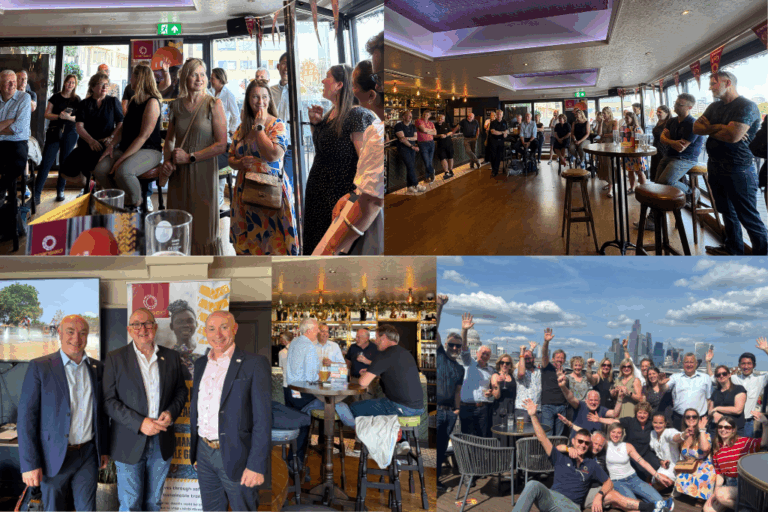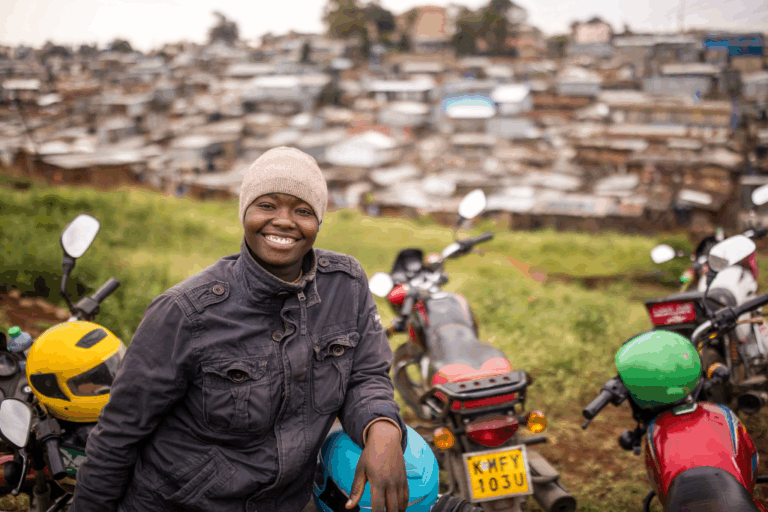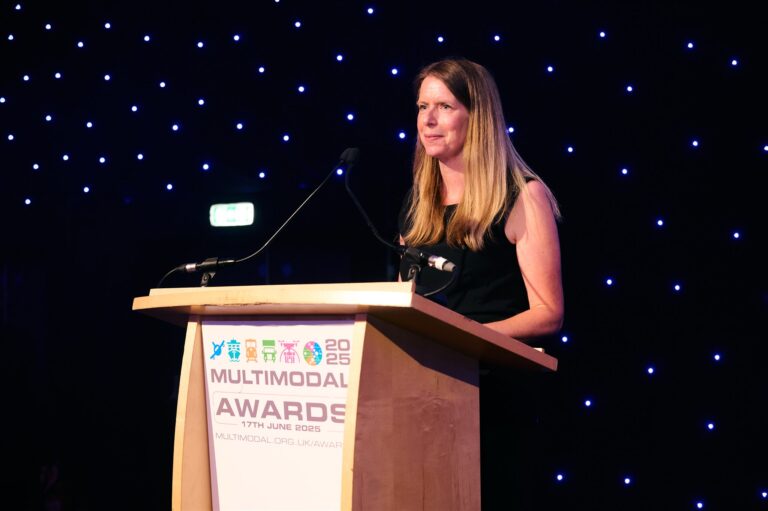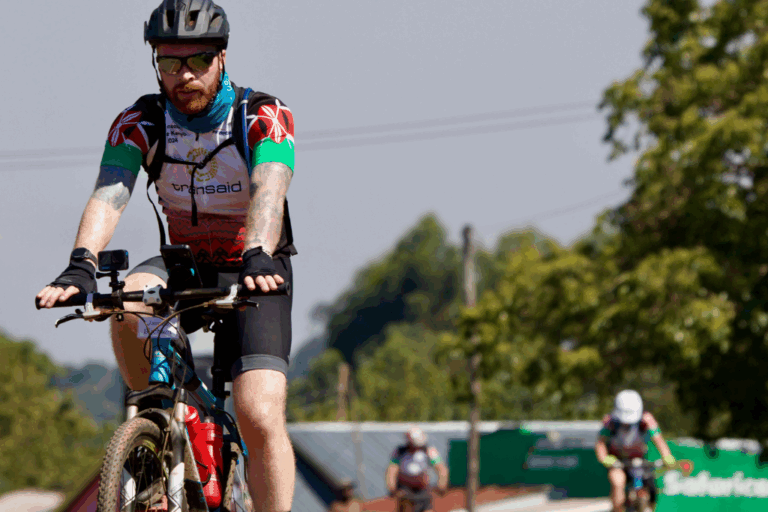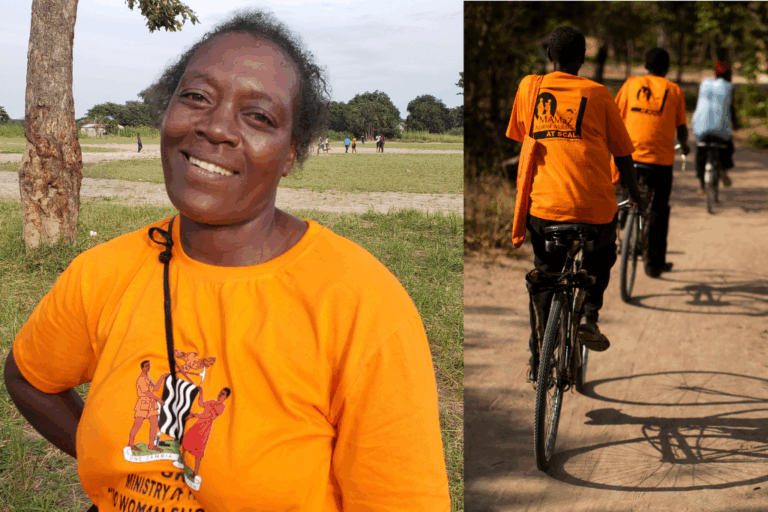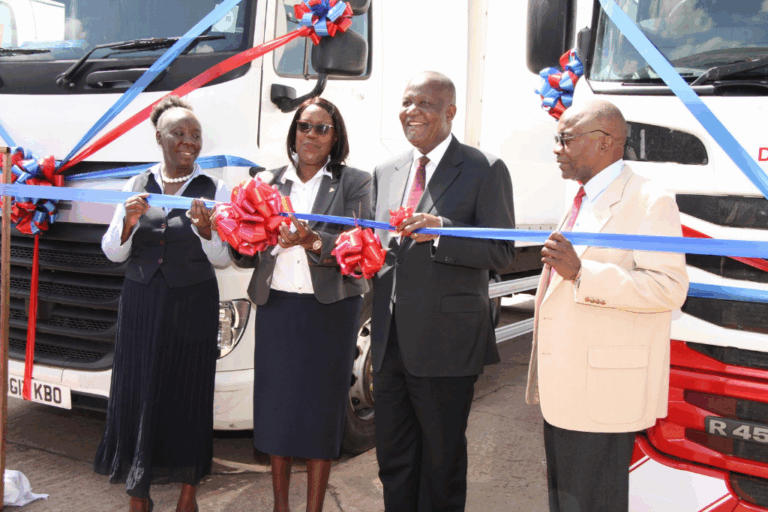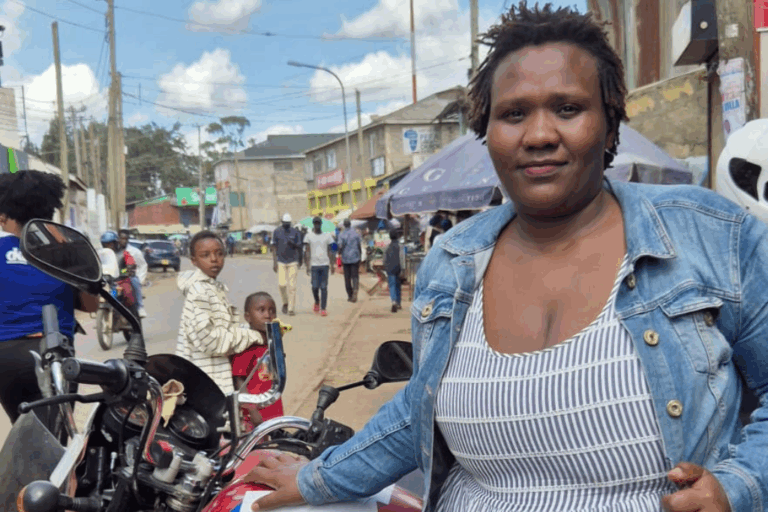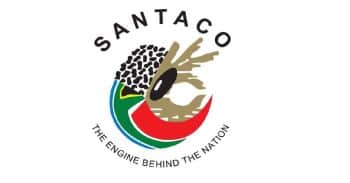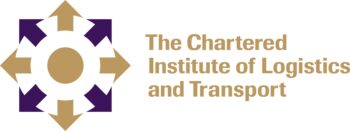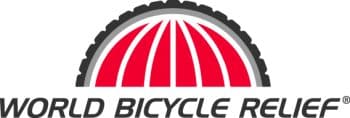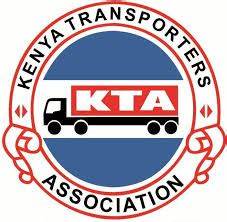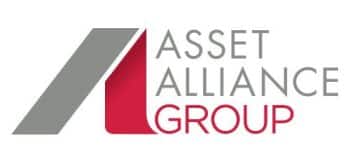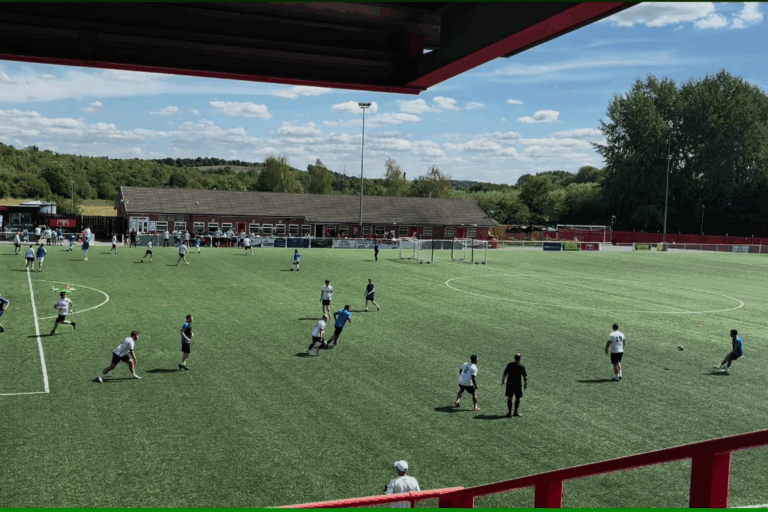
News
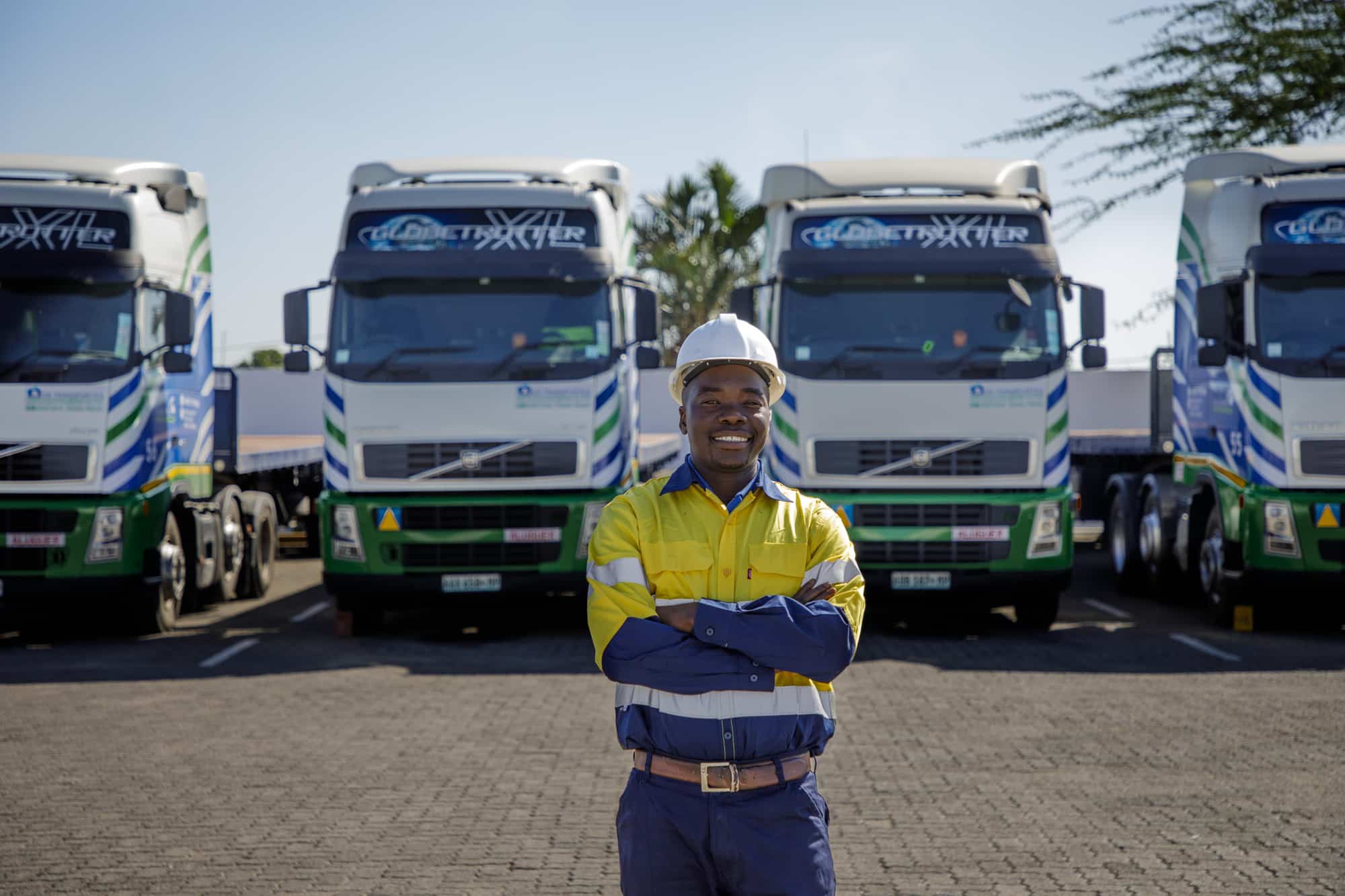
Bicycle shops in Madagascar provide new sources of revenue for volunteer health workers
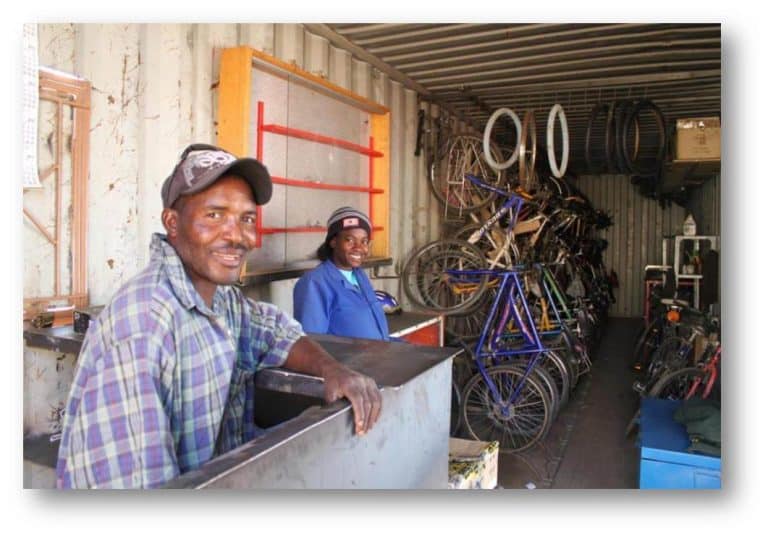
In 2011, Transaid began working with the MAHEFA programme – MAlagasy HEniky ny FAhasalamana (or MAlagasy HEalthy FAmilies) – to improve the use of community health interventions and services, the supply of essential health commodities, and access to health in communities located in remote northern and western parts of the southern African island of Madagascar. MAHEFA is a community-based integrated health programme which brings improved basic family and community health services to isolated Malagasy communities. A five-year programme, MAHEFA is a consortium between JSI Research and Training Institute, Inc. (JSI), the Manoff Group and Transaid, funded by USAID.
MAHEFA aims to support local communities to manage their own provision and access to maternal, child and other essential community healthcare. To do that, the programme works through and builds the capacity of community health workers (CHWs), who are volunteers trained to provide basic health services, carry out health promotion and sensitisation activities. With the goal of motivating CHWs and other volunteer community health actors, Transaid has recently began implementing Income Generating Activities (IGAs) in MAHEFA regions, starting in the districts of Antsohihy and Bealanana, in Sofia Region. In addition to increase the motivation volunteer CHWs, these activities also have the objective of improving the standard of living of community health actors, as well as to contribute to the sustainability of their volunteer efforts towards community health.
The Income Generating Activities initiated by Transaid consist of shops for bicycle repairs and sales, called Ebox-Mandroso. Ebox means Enterprise-Box, as these shops can later further develop their business and diversify their activities; and in Malagasy, Mandroso means “welcome”, since everyone is welcome to visit the bicycle shops. It also means “development” – as these are efforts to continue developing community health efforts by improving the lives of volunteer community health actors. The initiative was born of the collaboration with partners such as the NGOs Bicycling Empowerment Network Namibia (BEN Namibia) and Re-Cycle UK, who have developed in the past similar projects in other countries, such as Namibia.
After supporting the establishment of cooperatives formed by community health actors in both districts, more than 850 second-hand bicycles collected by Re-Cycle UK were delivered (with the kind support of DHL UK, who provided the shipping for the bicycles to arrive in Madagascar) to the cooperatives to be repaired and sold as a start-up kit. This initial revenue from bicycle repairs and sales allows the cooperatives to establish an initial fund, to later generate profits and continue the activities.
Transaid also supports the cooperatives by providing training in bicycle mechanics and management of small businesses, building the capacity of these new entrepreneurs. Close monitoring and evaluation is also conducted, since this is a new initiative for MAHEFA and its community partners. So far, over 80 community health actors in the two initial districts of Antsohihy and Bealanana are involved in these activities, either as employees at the shops or as cooperative members.
As social-enterprises managed by volunteer community health actors, the cooperatives will also contribute with a part of their profits to other community health activities, such as the mutuelles de santé or community health insurance (another MAHEFA initiative which allows families to sign up for health insurance at a cost adapted to the local cost of living, aiming to remove the financial barrier of access to health services when an emergency occurs).
After the implementation of these first two Income Generating Activities projects by Transaid, MAHEFA aims to continue its efforts to support community actors in the development of IGAs, through Ebox-Mandroso or other activities. Transaid will continue to contribute to these efforts, by establishing two new bicycle shops, providing continuing support to the existing projects and evaluating the impact of these activities against the overall objectives of increasing CHW motivation and improving the standard of living of community health actors.
Recent Posts


